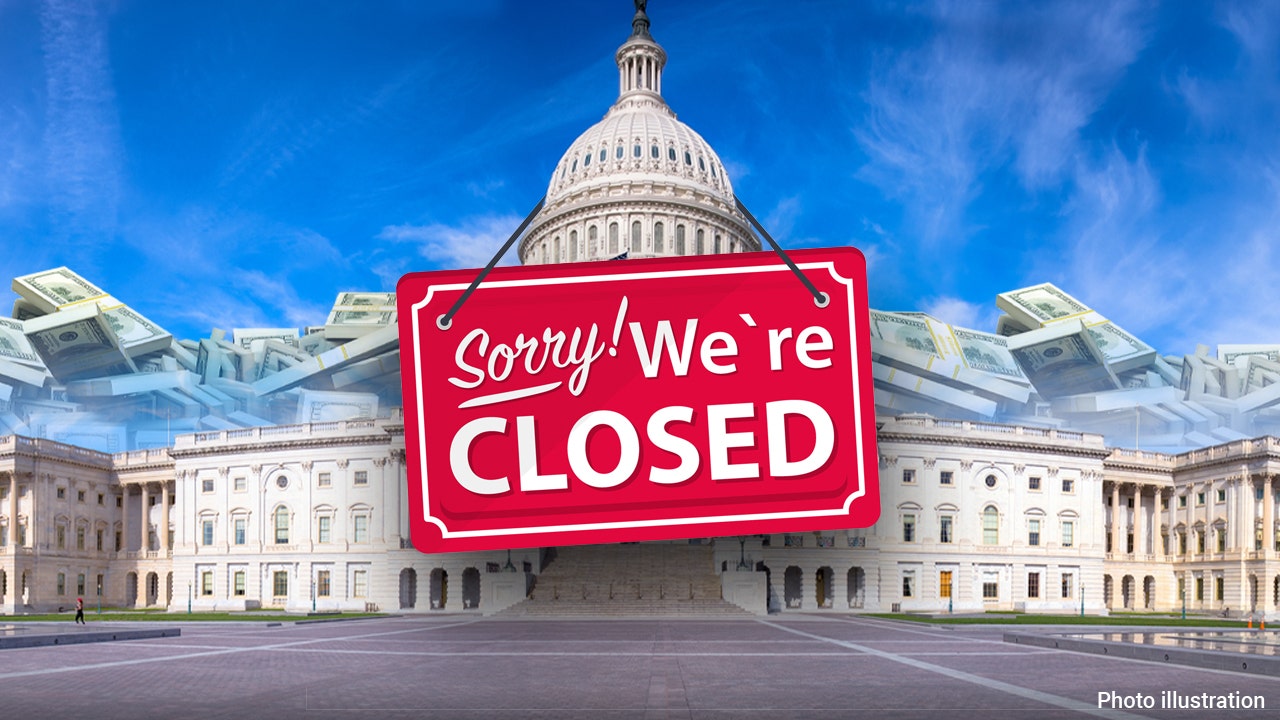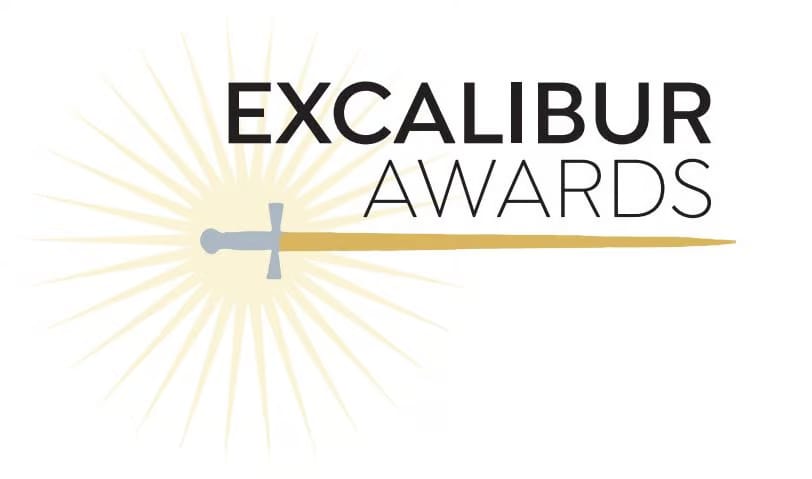- Monday Morning Memo
- Posts
- Party Turmoil
Party Turmoil
Nadler Seat Scramble, Adams Digs In, DC Blame Game
Good morning from Buffalo, New York.
As George Harrison once wrote, “It’s All Too Much,” and that is what it feels like these days in politics: so much is happening, yet nothing is getting done.
My statement on the decision to not seek re-election next year:
— Rep. Nadler (@RepJerryNadler)
1:02 PM • Sep 2, 2025
The surprise (sort of?) announcement from Congressman Jerry Nadler (D-NY) that he will not be seeking reelection signaled the end of an era, but it also raises more questions—many more questions—than it answers. Nadler, 78, has been a key player in New York politics throughout a career that began with his election to the Assembly in 1976 and his rise to Congress in 1992. More recently, Nadler has been a prominent and visible anti-Trump voice in the House from his post on the House Judiciary Committee, but the two have a long history. Nadler was a leading voice against a Trump project on the West Side decades ago, and the then real estate mogul singled out Nadler, deriding him as “Fat Jerry” in a 1995 interview with New York Magazine. Nadler’s decision to voluntarily step aside sets him apart from many of his elder colleagues who continue to seek reelection even as many Democrats call for a generational change in the wake of the 2024 election. Of the 55 Democratic House members who are 70 or older, almost all of them have announced plans to run again. Many of them are facing new questions due to Nadler’s decision. Personally, I will never forget Nadler’s role in the Schumer/D’Amato putzhead controversy and how it helped seal Schumer’s upset Senate victory in 1998.
Do you support maximum age limits for elected officials? Scroll down to take part in our poll!
Nadler’s retirement creates an open primary for his seat, one likely to spark quite a political battle, raising more questions. The last time a district including part of Manhattan was open, in 2022, there were fifteen candidates, including a former mayor, sitting and former members of Congress, and a wealthy former federal prosecutor, Daniel S. Goldman, who won a tight race. Bold-faced names have been mentioned as candidates, including Jack Schlossberg, grandson of former President John F. Kennedy, former gubernatorial candidate Cynthia Nixon, former First Daughter Chelsea Clinton, and former Federal Trade Commission Chair (and progressive favorite) Lina Khan, as well as several state and local elected officials, although Clinton and Khan have since declined. Many consider one of those state lawmakers—Assemblyman Micah Lasher—to be Nadler’s heir apparent after working closely with the longtime congressman for the better part of two decades. Rob Gottheim, Nadler’s chief of staff, offered, “He's going to have the support of myself and a lot of other former Nadler staffers and people that are close to the congressman who believe in his brand of progressive politics.” In addition to Lasher, two other impressive and accomplished Assembly Members are potential candidates: Alex Bores and Tony Simone. State Senator Liz Krueger, the powerful chair of the Senate Finance Committee, has declined.
A Kennedy, a Protégé and a Progressive Star Eye Nadler’s N.Y. House Seat
— Nicholas Fandos (@npfandos)
11:23 PM • Sep 2, 2025
Nadler’s decision to retire and the subsequent political musical chairs will only add to the turnover in the state legislature following local election victories. In New York City, state Senator Brad Hoylman-Sigal’s seat will open after he is elected Manhattan Borough President in November. Assemblyman Harvey Epstein’s seat will open when he assumes his New York City Council position. Zohran Mamdani’s Queens-based district will become open if he prevails in the mayoral race in November. Buffalo is also expected to have an open state Senate seat, when state Senator Sean Ryan wins the General Election for Mayor in November.
Speaking of the New York City mayoral contest, President Donald Trump has further roiled an already roller coaster race, dangling a diplomatic job in Saudi Arabia for current New York City Mayor Eric Adams if he leaves the race and helps consolidate the anti-Mamdani vote. Unless GOP nominee Curtis Sliwa also leaves the race, it will not have a major impact, and even then, anything with Trump’s fingerprints on it will likely have significant blowback in NYC. Democratic nominee Mamdani is already working on that. Whatever happens, and it remains unpredictable, Adams certainly does not look like he is ready to endorse Cuomo.
Cashless bail allows those charged with a crime to be released from jail before trial without paying any money. Last week, we asked Memo readers if they support President Trump's Executive Order aimed at eliminating cashless bail. Scroll down to see the results and comments!
In Washington, D.C., all eyes are on Congress as they work to avoid a government shutdown before the October 1st deadline—now just 22 days away. It is clear House Speaker Mike Johnson (R-La.) will have to settle for a stopgap funding measure, known as a continuing resolution (CR), but there are differing opinions on how long the CR should last. The Trump administration and some conservative House members would like to bypass the appropriations process altogether and pass a clean CR that would keep funding levels flat, stretching into next year. That approach has frustrated many in the House GOP Conference, including House Appropriations committee member Rep. Ryan Zinke (R-Mont.), who said, “As a member of Appropriations, where you do an enormous amount of work, and it leads to a continuing resolution because that’s easier… I’m deeply concerned that we will roll over and not do our job.”
Whichever path he chooses, Johnson will need to win over a handful of GOP holdouts, given that he is unlikely to receive any help from House Democrats, who are weighing whether to shut down the government. Speaking on that possibility, Johnson said, “We've been moving forward on appropriations. We’ll be gathering steam to do that. We do not believe it's in the nation's interest to close the government down. So, if [Senate Minority Leader Chuck] Schumer and the Democrats have that in mind, I think that’s deeply regrettable.” Expect Democrats and Republicans, like Johnson in his quote above, to spend as much (more even?) time trying to pin any blame for a potential shutdown on their “colleagues across the aisle.”
If House Republicans try to jam through a partisan CR without any input from Democratic members of Congress, and they suddenly find that they don’t have the votes they need from our caucus to fund the government?
Well then, THAT is a Republican shutdown.
— Senator Patty Murray (@PattyMurray)
9:02 PM • Sep 3, 2025
To make things more interesting, the Trump administration further antagonized Congressional Democrats last week when Trump announced he was unilaterally cancelling nearly $5 billion in foreign aid funding, known as a “pocket rescission.” Democrats had spent months warning that any further rescissions package, which they argue usurps congressional spending authority, would seriously jeopardize any Democratic votes on government funding. Now, the rubber has met the road, and Democrats must weigh the utility of a government shutdown with the desire to show their base that they are taking the fight to Trump.
With another funding deadline less than four weeks away, Democrats in Congress say they are prepared to fight back and that healthcare will be the battlefield
time.com/7314714/congre…— TIME (@TIME)
9:00 PM • Sep 4, 2025
The decision will ultimately fall to Senate Minority Leader Chuck Schumer, who faced major blowback when he helped the GOP pass a spending bill under similar circumstances in March. While many of the same reasons Schumer used to justify his decision back then still hold—real-world harm for an uncertain political benefit—many Democrats believe Trump is less popular and Republicans are more divided than when Schumer caved in March. Still, many Democrats fear that shutting down the government will give Trump and his budget director/Project 2025 author, Russ Vought, even further authority to run roughshod over the federal government. As one Democratic aide put it, “We would essentially be handing him even more power. And who knows when they'll reopen the government? They don't even care about the government being open.”

Listen on your favorite platform! |  Join Jack ‘From the Lobby” for some extra insight into this week’s Monday Morning Memo: 🎙️Political impact of Congressman Nadler’s retirement 🎙️Why is Trump stepping into the NYC mayor’s race? 🎙️What’s driving Stefanik’s push to boost Republicans across the state? 🎙️Who gets the blame if Congress causes a government shutdown? |



Do you support maximum age limits for elected officials? |

Cashless bail allows those charged with a crime to be released from jail before trial without paying any money. Do you support President Trump's Executive Order aimed at eliminating cashless bail?

 |  |
 |  |


September 8, 1974: President Gerald Ford pardons his disgraced predecessor Richard M. Nixon for any crimes he may have committed or participated in while in office. |  Gerald R. Ford Presidential Library and Museum |


 | These 4 Upstate New York Cities are Among America’s Best Places to Live in 2025Find out where Rochester, Buffalo, Albany, and Syracuse landed on the list! |
Was our Monday Morning Memo forwarded to you? Subscribe here to get it sent right to your inbox.











